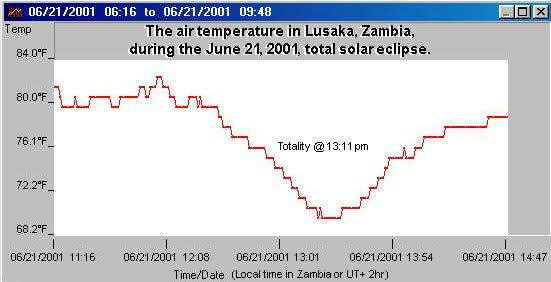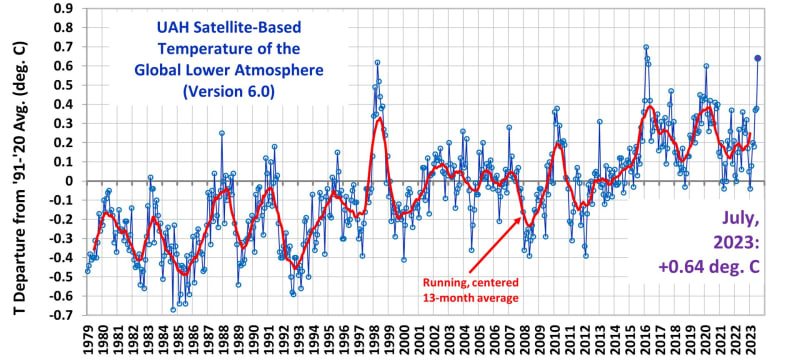Somebody is making plans... Who have thought the Fins would do this...
"Rosqvist projects that greenery will be instrumental in averting future floods, considering the expense of updating old pipe systems. With roughly 200,000 trees in parks and 30,000 lining streets, Helsinki appears relatively well-prepared. ‘We’ll need to set aside more space for green structures in zoning,’ she acknowledged.
This autumn, the city will test 17 parking spaces’ conversion to green squares in various neighbourhoods to examine how effective they are in flood prevention. Rosqvist remarked on the difficulties of increasing vegetation due to the restrictions posed by underground infrastructure. ‘At the same time, we know that trees do the best job at absorbing water, delaying the flow of storm waters, provide shade and cool the air through evaporation,’ said Rosqvist.
Greenery is already part of Helsinki’s urban fabric. Examples include the vegetated roof of the urban development division and tram rails lined with grass to aid rainwater absorption.
The climate crisis will test the city’s infrastructure, including hospitals and care homes. Helsinki is assessing the cooling capacities of these buildings during heatwaves. ‘I’d say that we’re in a hurry and need more resources. Luckily discussion on the topic has increased in recent times, and I’m hopeful we can make progress even quite quickly,’ Rosqvist concluded."
-----*****-----
So strange to see the singularity approaching while the entire planet is rapidly turning into a hellscape. -John Coates
-Dik


